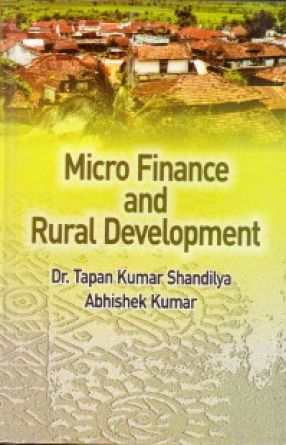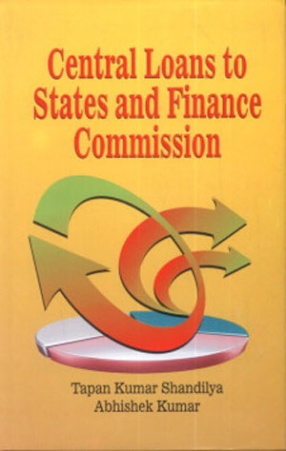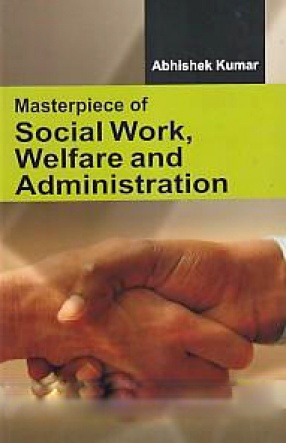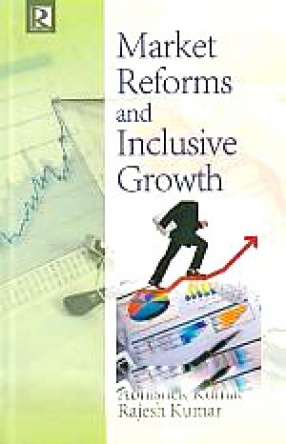Micro Finance and Rural Development
Micro finance is not simply banking but it is a development tool. It acts as a catalyst in the lives of poor. It has been recognized world over as one of the new development paradigms for alleviating poverty through social and economic empowerment of the poor, particularly women. There is a large gap in the demand and supply of the credit to poor in developing countries. Experiences of different anti-poverty and welfare programmes worldwide have also shown that the key to success lies in the evolution of community-based organization at the grassroot levels. Several studies made by national and international experts on micro finance have found the self-help groups (SHGs) profitable, viable and as a successful tool of social empowerment. Linking of formal credit institutions to borrowers through group approach have been recognized as a supplementary mechanism for providing credit to the rural poor. Hence, GOI should formulate and redefine their policies. Government should stress on extensive awakens, campaign, skill development and training programmes, coordination between banks and SHGs, effective group of credit, need for the strong follow-up reviewing and monitoring system towards ensuring a more balanced developed economy. There is also need of comprehensive and supportive legal framework to induce pragmatism among the banks and micro finance institutions to take up micro finance and economic activities on large scale.
The book Micro Finance and Rural Development is an attempt to study the role of micro finance in India particularly in a backward region. The book consists of sixteen research papers relating to the different dimensions of micro finance. No doubt, the book will be of great use to the policy-makers, public analysts, scholars and students of economics, labour and commerce.
Get it now and save 10%
BECOME A MEMBER











Bibliographic information
Abhishek Kumar
Abhishek Kumar